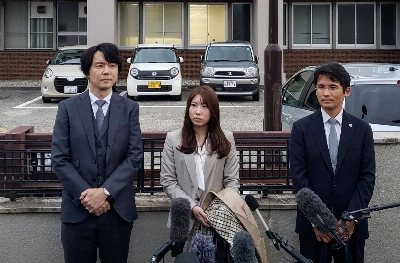Lant Pritchett, a colleague of mine at the Harvard Kennedy School, recently took the pope to task in a column for Bloomberg View. He said that the pope's preoccupation with inequality promotes the sin of envy and that inequality, in itself, is of no great account: "Poverty matters; injustice matters. Mere inequality is beside the point."
Neither of these criticisms makes much sense to me. Inequality indeed matters in its own right, at least according to one prominent strand of modern political philosophy. John Rawls argued that economic inequality is usually a kind of injustice. Economic inequalities are just, he said, only if arrangements providing for greater equality would leave the poorest people in society even worse off.
Rawls argued that citizens would willingly embrace this principle if they reasoned behind a "veil of ignorance" — without knowledge of their age, race, gender, intelligence and so on. In this "original position," citizens would care most about the interests of the least advantaged, because any citizen might turn out to be among them. Such reasoning may seem artificial, but Rawls asks us to reflect on what we mean by a just society. A just society is a fair society, he argued, and thinking about fairness obliges us to avoid self-serving bias by abstracting from all the specific things we know about ourselves.


















With your current subscription plan you can comment on stories. However, before writing your first comment, please create a display name in the Profile section of your subscriber account page.